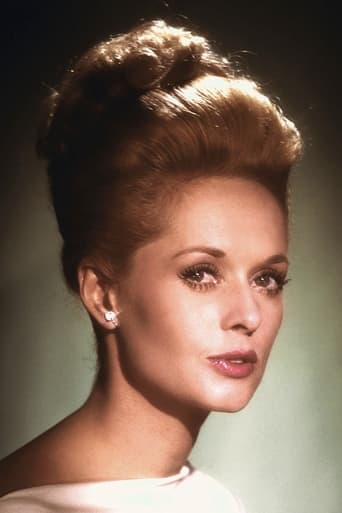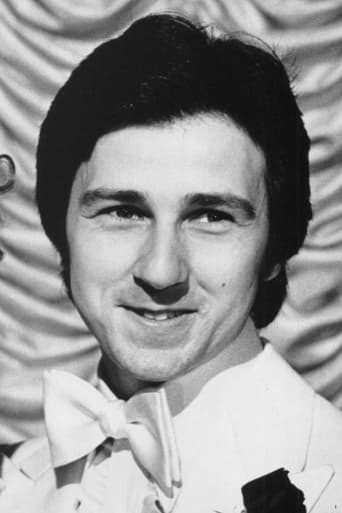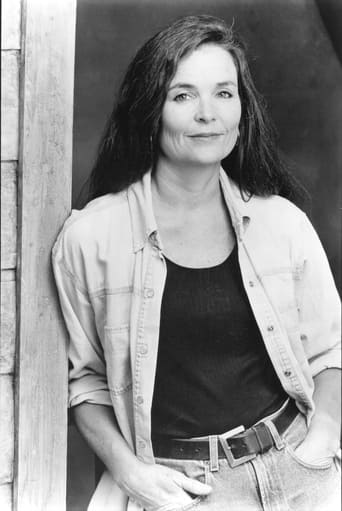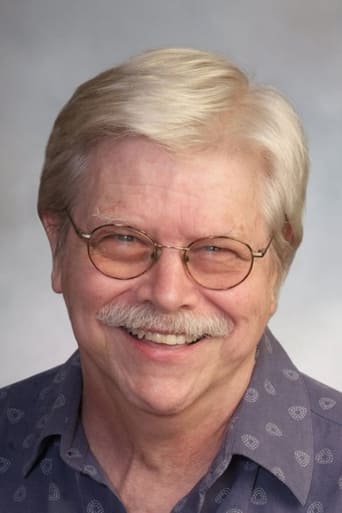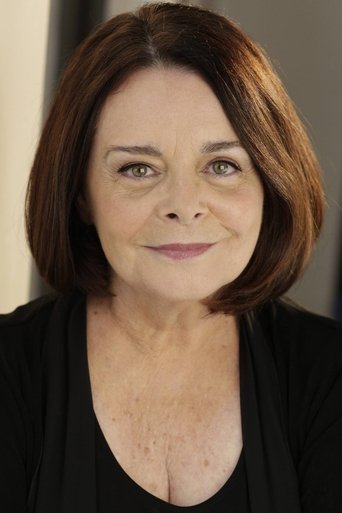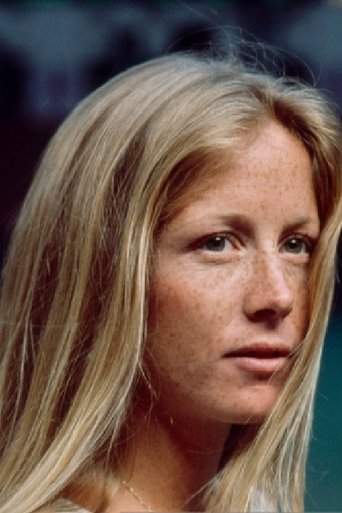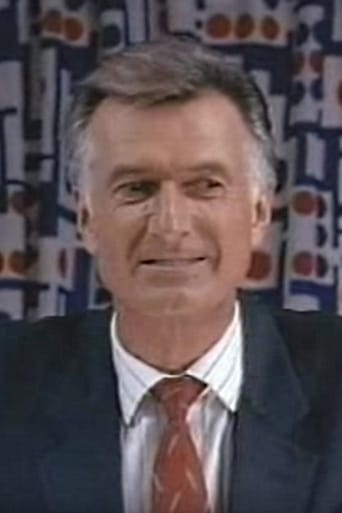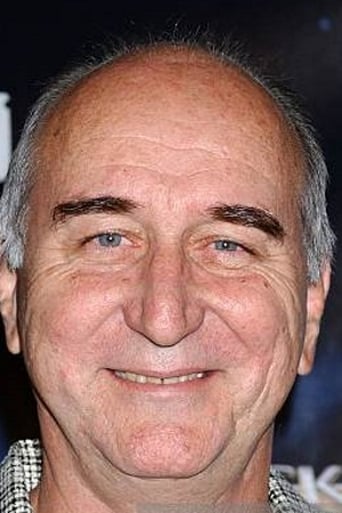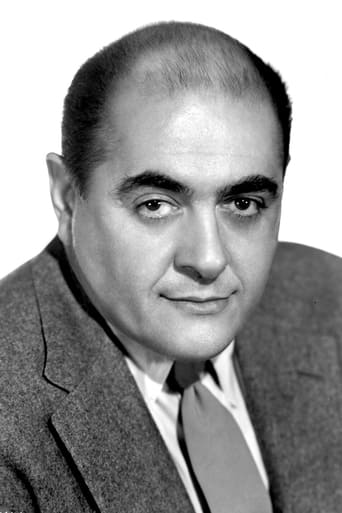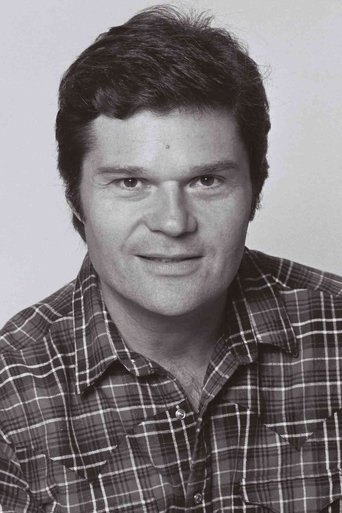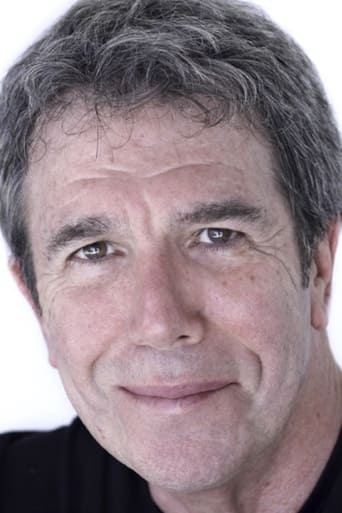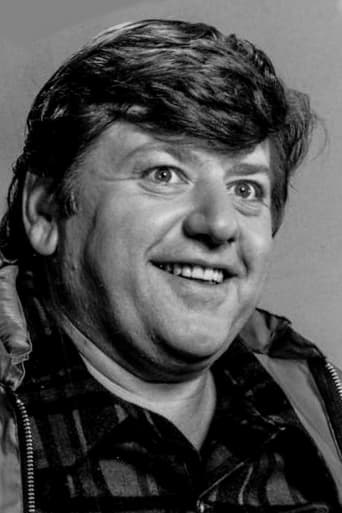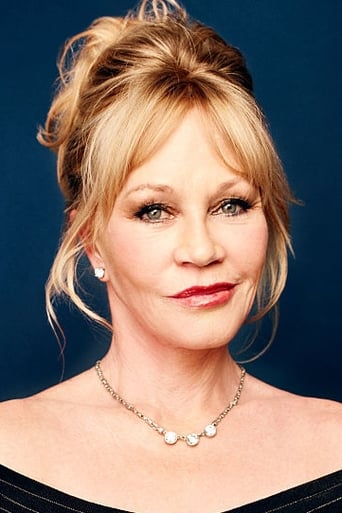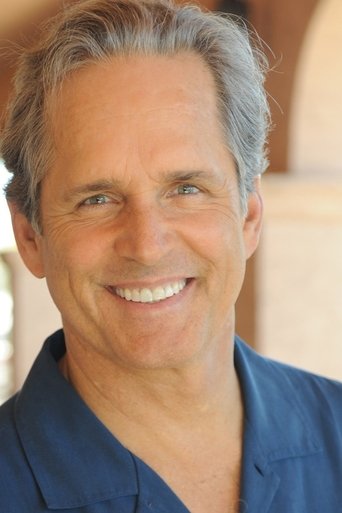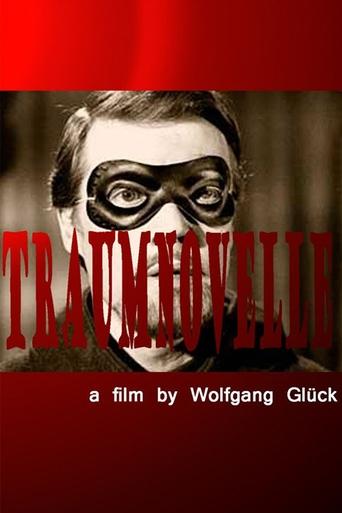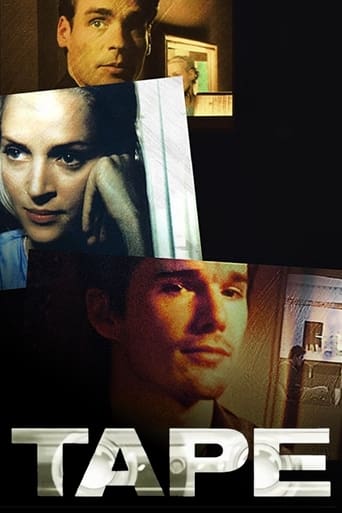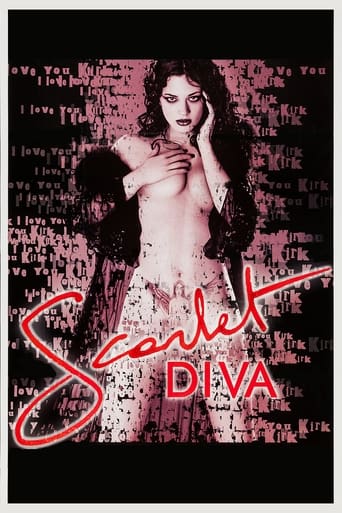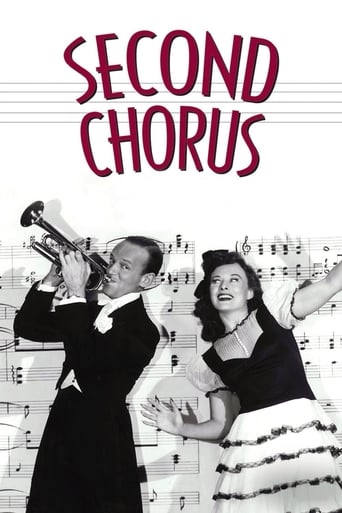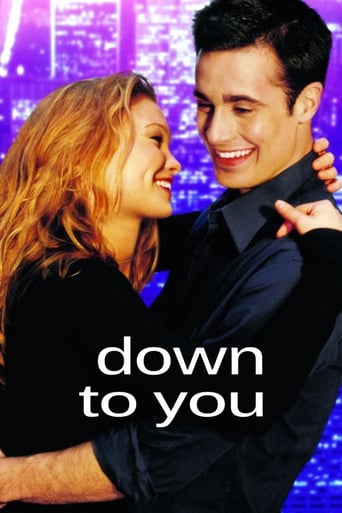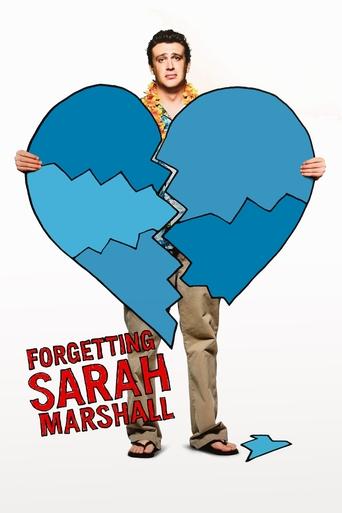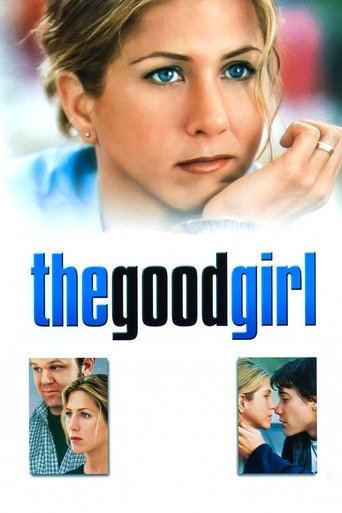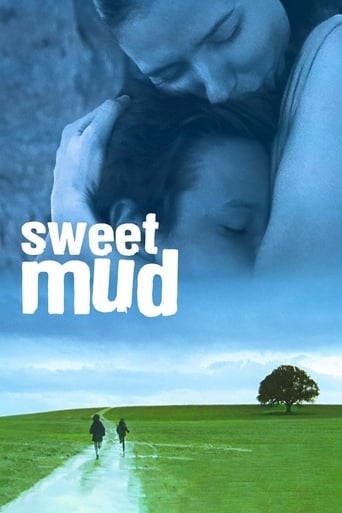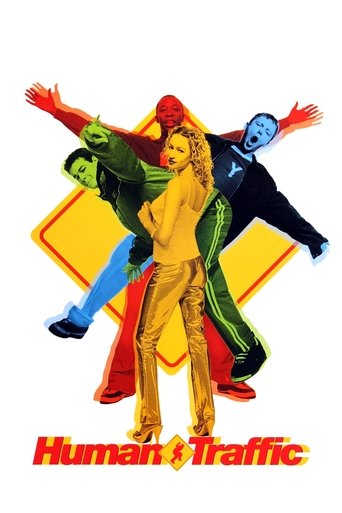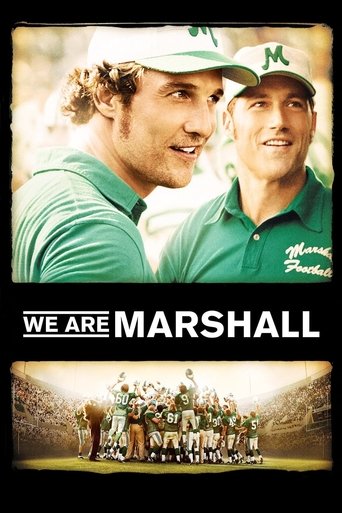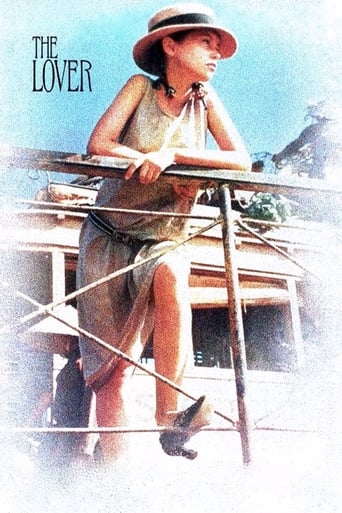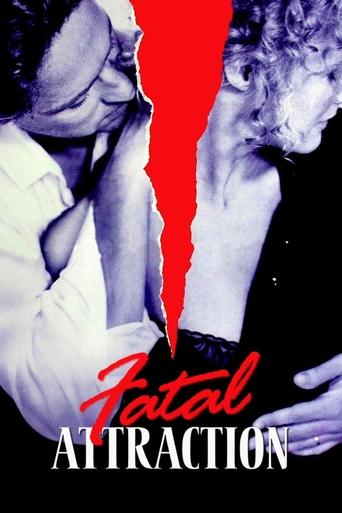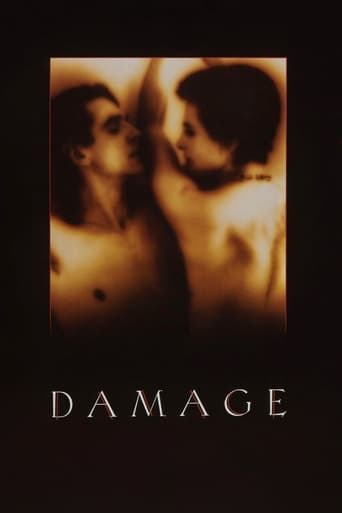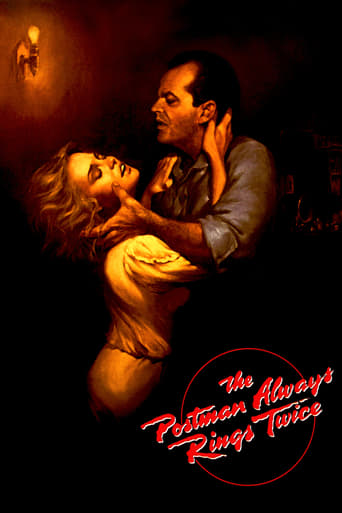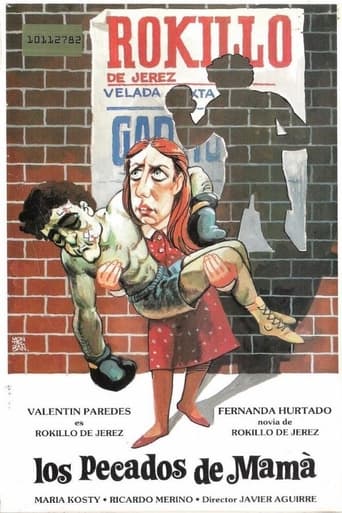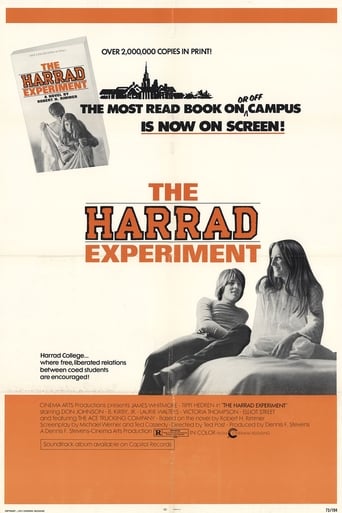
The Harrad Experiment (1973)
At fictional Harrad College students learn about sexuality and experiment with each other. Based on the 1962 book of the same name by Robert Rimmer, this movie deals with the concept of free love during the height of the sexual revolution which took place in the United States.
- Joan Eremin
- Jesse Corallo
- Ted Post
- Michael Werner
- Ted Cassidy
- Robert H. Rimmer
Rating: 3.7/10 by 12 users
Alternative Title:
Country:
United States of America
Language:
English
Runtime: 01 hour 35 minutes
Budget: $400,000
Revenue: $0
Plot Keyword: free love, sexuality, group sex, menage a trois, college, sex therapy, sexual revolution, one-night stand, dormitory, promiscuity, university, erotic movie, harrad
**_Love American Style, the college years, albeit with nudity_** A new college in the Los Angeles area is run by two professors (James Whitmore and Tippi Hedren) interested in experimenting with coed living conditions, intentionally placing males and females together who happen to be opposites. The story focuses on two couples: studly Stanley (Don Johnson) and shy Sheila (Laurie Walters), as well as conservative Harry (Bruno Kirby) and liberal Beth (Victoria Thompson). Based on the 1966 tome for sexual awareness and responsibility, “The Harrad Experiment” (1973) is a drama/romance with a lighthearted score by Artie Butler and a couple of songs on the soundtrack written by Charles Fox, who’s known for the music on Love American Style. (The other two songs on the soundtrack were sung by none-other-than Don Johnson). So, while this isn’t a comedy, it’s not deadly serious either. It’s a relatively fun soap opera with a college milieu and cringe-inducing situations/ dialogues. Look no further than the eye-rolling nude yoga sequence. It’s like Woodstock on campus. The name for the college, by the way, is a conjunction of Harvard, which was a predominantly male school at the time, and Radcliffe, a women's university; hence, Har-rad. With the counterculture revolution of the 60s, nudity became the hip thang, which explains the skinny-dipping sequence in “Woodstock” and, a year later, in “The Last Picture Show.” “Stigma” upped the ante in 1972, which paved the way for this. Of course, nudity in mainstream movies was nothing new in light of the pre-Hays era. Look no further than “Tarzan and His Mate” from 1934. With the code lifted after almost three decades, movies like this seemed to exult in a new sense of freedom. But don’t get too excited as the bulk of the nudity on display here is rather tame and what Seinfeld would call “bad naked.” Although some students in the “free love” environment are comfortable with the sexual libertinism, others are understandably shy about exposing themselves to relative strangers, physically, sexually or otherwise. Then there’s the glaring issue of the couple in a monogamous marriage, the Tenhausens, overseeing a group of youths who are encouraged to experiment with uncommitted intimate relationships. Yet this and other potential issues are addressed in the film: The Tenhausens defend their position on the grounds that they’re older and represent the traditional model. Nevertheless, it smacks of hypocrisy and even abuse since some of the students might be too immature to handle the complications linked to the morally loose lifestyle (guilt, jealousy, depression, etc.). Don Johnson was 22 during shooting and the king of cool. Tippi said she experienced “sheer panic” when it became clear that Don and her 14 years-old daughter were attracted to each other (Melanie Griffith plays an uncredited student). The two married when she turned 18 in 1976, but it only lasted half a year, although they would remarry years later, which lasted from 1989-1996. While there are (unnecessarily) censored versions, the full-length movie runs 1 hour, 37 minutes, and was shot just north of Los Angeles in Pasadena (the college) and Sherwood Forest, which is 25 miles to the west (yoga sequence). GRADE: C-/C


